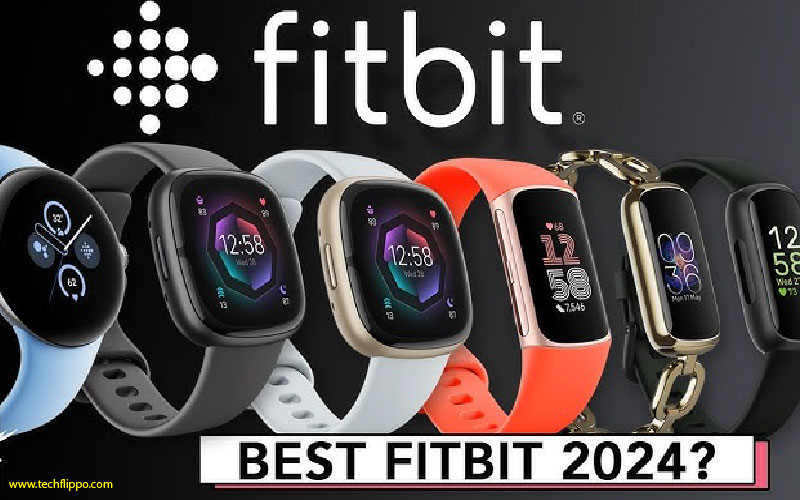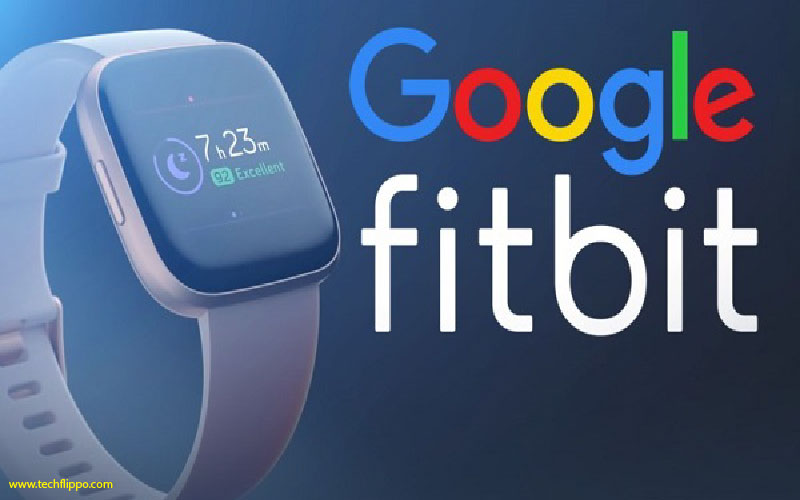Synergy Between Fitbit and Google Services
Fitbit has carved out a niche in the world of fitness tracking, becoming synonymous with health and wellness for millions. Meanwhile, Google Services have revolutionized how we manage our digital lives. When these two giants joined forces, it sparked curiosity about what this partnership could mean for users looking to enhance their wellbeing. Imagine seamlessly integrating your activity data with powerful tools from Google—it’s not just a dream anymore! This collaboration promises to change how we approach personal health management while making technology work harder for us. Let’s dive into the synergy between Fitbit and Google Services and explore what it means for you.

How the Partnership Between Fitbit and Google Came About
The partnership between Fitbit and Google is a fascinating tale of innovation. It began in late 2019 when Google announced its acquisition of Fitbit for $2.1 billion. This move aimed to expand Google’s presence in the health and fitness sector.
Both companies recognized the potential synergy in combining advanced wearable technology with sophisticated data analytics. Fitbit had already established itself as a leader in fitness tracking, while Google brought expertise in artificial intelligence and cloud services.
As discussions progressed, it became clear that integrating these strengths could redefine user experience. The merger promised enhanced features, improved health insights, and seamless connectivity across devices.
This collaboration was not without scrutiny, particularly regarding privacy concerns. However, both companies committed to prioritizing user data protection as they moved forward together into this new era of health technology integration.
Benefits of Using Fitbit with Google Services
Using Fitbit with Google Services enhances your health tracking experience significantly. You get a seamless integration that allows for easier data management and analysis.
With the compatibility of Google Fit, you can collect all your health metrics in one place. This means no more juggling between apps to find what you need.
The convenience extends to syncing workout data automatically, making it effortless to keep tabs on progress over time. Personalized insights become accessible, helping users stay motivated.
Moreover, leveraging Google’s AI technology provides tailored recommendations based on your fitness habits. It’s like having a personal coach at your fingertips.
Accessing reminders through Google Calendar also keeps you accountable for workouts and wellness activities. The combination creates an ecosystem focused on enhancing overall well-being while simplifying daily routines.
Integration of Health Data
The integration of health data between Fitbit and Google Services is a game changer. Users can now access their fitness metrics alongside other vital health information seamlessly.
With this integration, daily activities, sleep patterns, and heart rate data are just a click away. It provides a holistic view of one’s wellness journey.
Google’s powerful tools enhance data analysis. This means users can receive personalized insights based on their habits and goals. The combination allows for smarter tracking strategies.
Furthermore, syncing becomes effortless across devices. No more juggling between apps or platforms; everything sits neatly within the Google ecosystem.
Privacy remains paramount in this partnership as well. Users maintain control over their information while benefiting from advanced features that support healthier choices.
This synergy empowers individuals to take charge of their wellness like never before.

Features Available for Fitbit Users on Google Services
Fitbit users enjoy a range of exciting features when integrated with Google Services. One standout is the ability to sync health data seamlessly across devices. This means tracking your fitness metrics on Fitbit while accessing them through Google Fit or other platforms.
Moreover, voice commands via Google Assistant enhance the user experience. You can ask for activity summaries, set reminders for workouts, and even check your heart rate—all hands-free.
Google Calendar integration allows you to schedule workouts easily. Get notifications about upcoming exercise sessions right alongside your appointments.
Customized insights are another highlight. Users benefit from personalized recommendations based on their activity levels and goals, thanks to Google’s advanced algorithms.
With secure cloud storage options provided by Google Drive, managing health records becomes efficient and accessible anytime. The combination of these features transforms how users engage with their fitness journeys daily.
Challenges and Concerns
The partnership between Fitbit and Google Services, while promising, does come with its fair share of challenges. Privacy concerns are at the forefront. Users worry about how their health data will be handled and shared.
Data security is another critical issue. With increasing cyber threats, many individuals fear that sensitive information could fall into the wrong hands. This poses a significant barrier to trust among consumers.
Additionally, integration can lead to technical glitches or disruptions in service. A seamless experience is crucial for users who rely on these devices for tracking their health metrics.
Moreover, adapting to new features might overwhelm some users. The learning curve associated with utilizing advanced functionalities can deter less tech-savvy individuals from fully enjoying what this synergy offers.
These challenges underline the need for clear communication from both companies regarding user privacy and data protection strategies.
Conclusion: The Future of Fitbit and Google Partnership
The future of the partnership between Fitbit and Google appears promising. As both companies continue to innovate, users can expect more seamless integration of health data and smart features. The collaboration aims to enhance user experiences by leveraging advanced technology from Google.
With ongoing developments in artificial intelligence and machine learning, Fitbit devices will likely become even smarter. This means personalized insights that cater to individual health goals could soon be a reality for many users.
Moreover, as privacy concerns loom large in the tech industry, both Fitbit and Google are working on establishing trust with their customers. Transparency around data usage will remain crucial as they navigate this complex landscape together.
As new features roll out and existing ones improve, staying connected through Fitbit and Google Services seems set to redefine personal health management. Users have much to look forward to in this evolving relationship dedicated to healthier lifestyles.